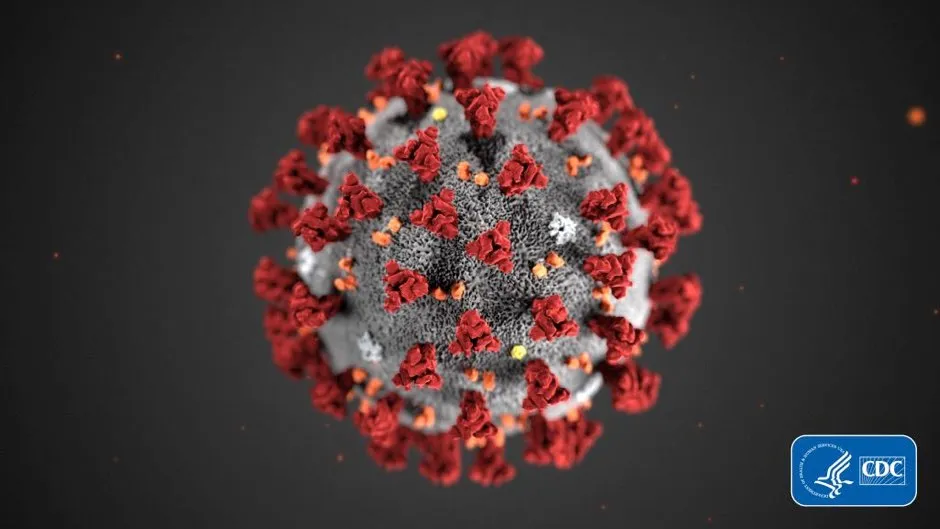The World Health Organisation has warned against the idea of “immunity passports” amid the coronavirus pandemic.
It said there is currently no evidence that people who have recovered from COVID-19 and have antibodies are protected against a second infection.
The concept of “immunity passports” or “risk-free certificates” has been floated as a way of allowing people protected against reinfection to return to work.
But the Geneva-based UN health agency said in a scientific brief published on Saturday that more research is needed.
Read more coronavirus news stories:
- British people 'starting to ignore lockdown rules' according to mobile phone data
- Mental health impact of coronavirus outbreak ‘requires urgent study’
- How will the NHS contact-tracing app work and how could it affect my privacy?
It said that “at this point in the pandemic, there is not enough evidence about the effectiveness of antibody-mediated immunity to guarantee the accuracy of an ‘immunity passport’ or ‘risk-free certificate’.”
The scientific brief explains that while most studies reviewed by the WHO shows that people who have recovered from infection have antibodies to the virus, "some of these people have very low levels of neutralising antibodies in their blood, suggesting that cellular immunity may also be critical for recovery."
The body's response to viral infection involves both antibody and cellular immunity. While antibodies specifically bind to the virus, cellular immunity kills cells in the body that have already been infected with the virus.
"As of 24 April 2020, no study has evaluated whether the presence of antibodies to SARS-CoV-2 confers immunity to subsequent infection by this virus in humans," said the WHO's brief.

The WHO argued that people who assume they are immune to reinfection may ignore public health advice, and that such certificates could raise the risks of continued virus transmission.
It added that tests for antibodies of the new coronavirus also “need further validation to determine their accuracy and reliability”.
In response to the WHO's statement, Dr Jeremy Rossman, virologist at the University of Kent, reiterated that not enough is known at present to say if people that recover from the virus will be immune or not.
"We know that the virus causes a robust immune activation, we know that survivors do generate antibodies to the virus but we don’t yet know if generates an immune memory that protects against re-infection, we don’t know what percentage of people will be protected and we don’t know how long this protection would last,” said Rossman.
Read more expert comments on COVID-19:
- Coronavirus will circulate 'for many many years to come', top scientist warns
- Coronavirus mythbuster: a GP separates the facts from the fake news
- People aged 60-69 also at high risk from coronavirus, experts warn
Professor James Naismith, a biologist and the director of the Rosalind Franklin Institute, said that “it seems certain that almost all people who have been infected will have complete immunity against re-infection for at least a short time.
“We know that for many coronaviruses, immunity weakens in many people over a few years, and for this reason some viruses infect and re-infect people. We do not (and cannot) know for sure how COVID-19 will behave.
“So-called ‘immunity passports’ for previously infected people are political inventions built around complex scientific concepts. Only a safe and effective vaccine, that I believe will come in the future, will deliver widespread immunity from infection."
How are scientists developing a coronavirus vaccine?
Many institutions and scientists across the world are rushing to develop a vaccine for COVID-19. However, most vaccines must go through the same process before they are ready for use on the public and can be mass-produced.
So what is the usual process?
Vaccines harmlessly expose the body’s immune system to the virus or bacterium, causing it to recognise them as dangerous and learn how to resist them. This means that if the body comes across the infection, it knows how to defend itself.
They are given to healthy people, and mainly children, so the level of acceptable risk is much lower than with other medicines. Continue reading...
More coronavirus questions answered:
